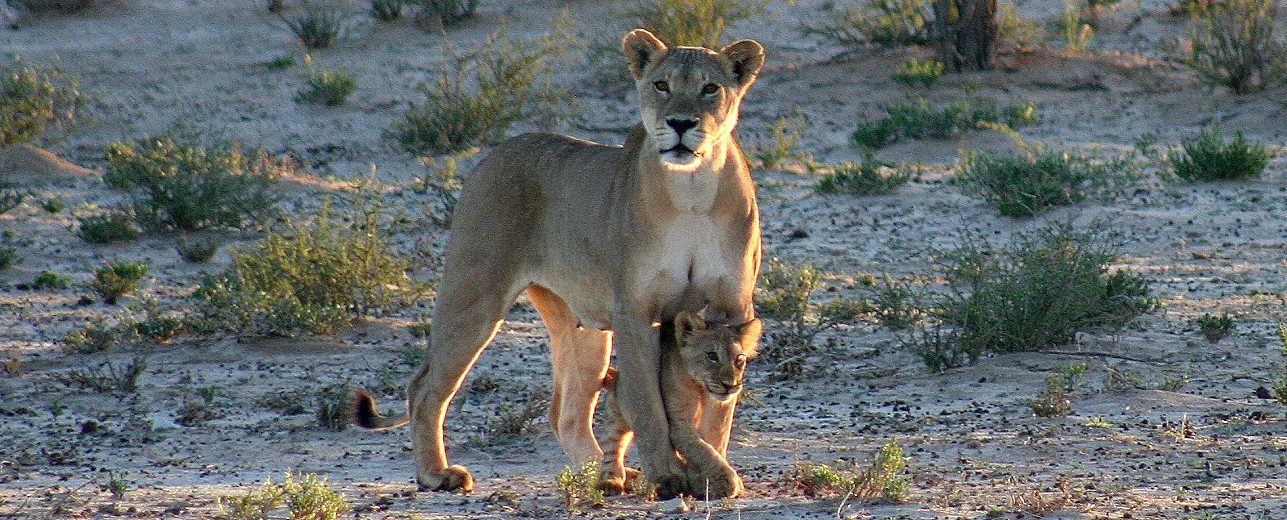“Bamba!” Sakoi Shengaera greets us in the village of Shaikarawe, 15kms west of the Okavango River in northern Botswana. The village is inhabited by Khwe Bushmen and we’re here to learn about the culture and beliefs of the people who call themselves the Bugakhwe or Bush Khwe.
We find a shady spot. It’s September – The Month When Messengers Come – so called by the Bugakhwe because when leaving home in the cool mornings on food gathering expeditions one doesn’t anticipate the heat of midday. Caught unprepared, someone has to be sent to the nearest settlement to ask for water.
Shengaera is a traditional healer, a repository of ancient knowledge for the Bugakhwe. His worn face is testament to a hard life in a land where water is plentiful but opportunities for his generation were scarce.
Our presence draws a crowd of women and young children. “Where are the older boys and girls?” I ask. “At school,” replies our interpreter.
We ask our questions and are fascinated by the stories that come forth. They’re African versions of Aesop’s Fables, morals and ethics tightly woven into their fabric.
Our cultural mission accomplished, we stay awhile and chat to these engaging people. “How’s the life?” I ask in general terms.
Shengaera thinks on this and, probably drawing from the context of our earlier questions, finds a comparison to foregone times appropriate.
“Good,” he responds. “ The children go to school. There is a clinic now. The post office gives us pensions.”
It’s time to move on to another settlement in the same area. Our interpreter introduces his mother, Dedom //Qeyexo. She’s an elderly woman with a proud face. She sits straight legged on a blanket covering the sand, her back erect as a drill sergeant’s dream. It’s clear she is the head of the family. We ask our questions and receive dignified answers.
Business concluded our interpreter hands over an A4 envelope to his mother. Her face softens and lights up at the same time. Tentatively, like she’s approaching a sacred object, she opens the envelope and slowly withdraws a certificate. She looks at her son, eyes shining with admiration.
The action brings out the neighbours. We’re not the curiosity this time. No. It’s this symbol, this wonder of education. This certificate means so much. Not only to an individual – but to a family, a tribe, a nation.
It’s unlikely that //Qeyexo or Shengaera have ever heard of Survival International and its call for a boycott on their country’s diamonds. One has to ask what they would think if they knew their children’s future hung in the balance.
Because all of it – education, health and pensions – is paid for with diamonds.
